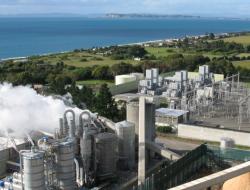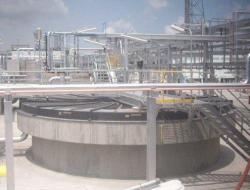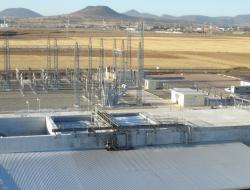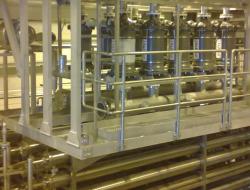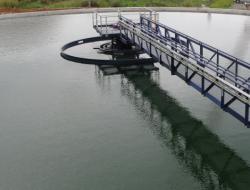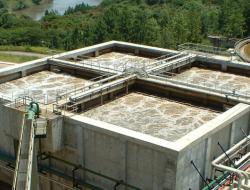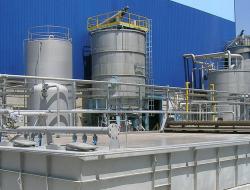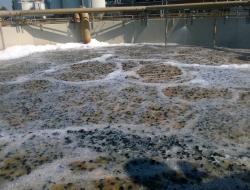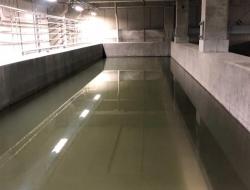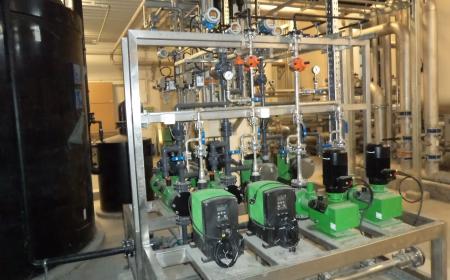
Correct chemical storage and dosing is essential to the proper operation of industrial and municipal water and wastewater treatment plants. The correct selection of chemicals, chemical dose rate and mixing parameters is critical and has a direct impact on the availability, performance and service life of process equipment.
Failure to dose industrial wastewater treatment plants correctly (using coagulants, flocculants, nutrients, defoamers or pH control) may result in breach of discharge limits or overloading of secondary treatment plants. Dosing failure can also cause process malfunctions for sludge dewatering processes.
Dosing of chemicals is often incorporated into industrial wastewater treatment plant designs. Dosing is most often used for chemical neutralization and for the precipitation of unwanted elements within waste streams. Chemicals such as coagulants and flocculants are also used in water treatment prior to clarification processes, as are conditioning chemicals to prevent fouling ahead of reverse osmosis.
Wastewaters or sludges are dosed with flocculants or polymers to gather together finer particles into separable material. In wastewater applications both anionic and cationic flocculants are used, with or without coagulation. Some high strength, high charge polymers can provide excellent, cost effective results for water quality in many industrial applications.
Polymer dosing is usually necessary for re-flocculating DAF or clarifier sludge prior to dewatering. Flootech supply a range of high quality polymer dosing and blending systems for both powdered and liquid polymers. Fully automatic polymer blending and make-up systems are available for heavy-duty industrial applications, ensuring trouble free operation without the need for constant supervision. Automatic operation does away with messy installations and the continual cleaning and hosing associated with manual systems.
Traditional coagulants used in the primary treatment of industrial wastewater include Ferric salts, Alum, PAC (Poly Aluminium Chloride), ACH (Aluminium Chloro Hydrate), Bentonite and other proprietary products. The pH of the wastewater is critical to the selection of coagulant and often pH control is incorporated with the coagulation process.
NUTRIENTS
Biological processes need nutrients such as ammonia and urea.
ANTIFOAMING AGENTS
Defoamer is used to prevent foam formation in MBBR and AS process.
